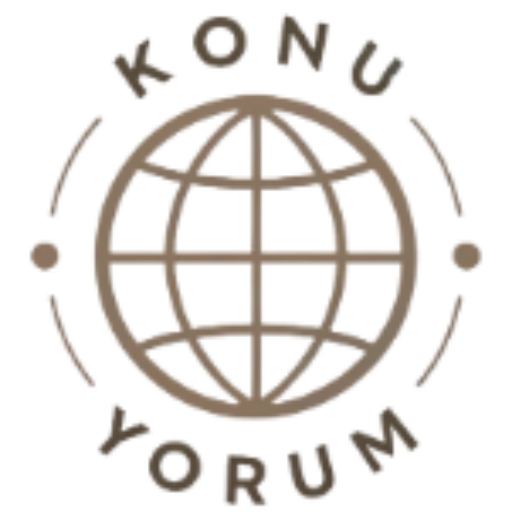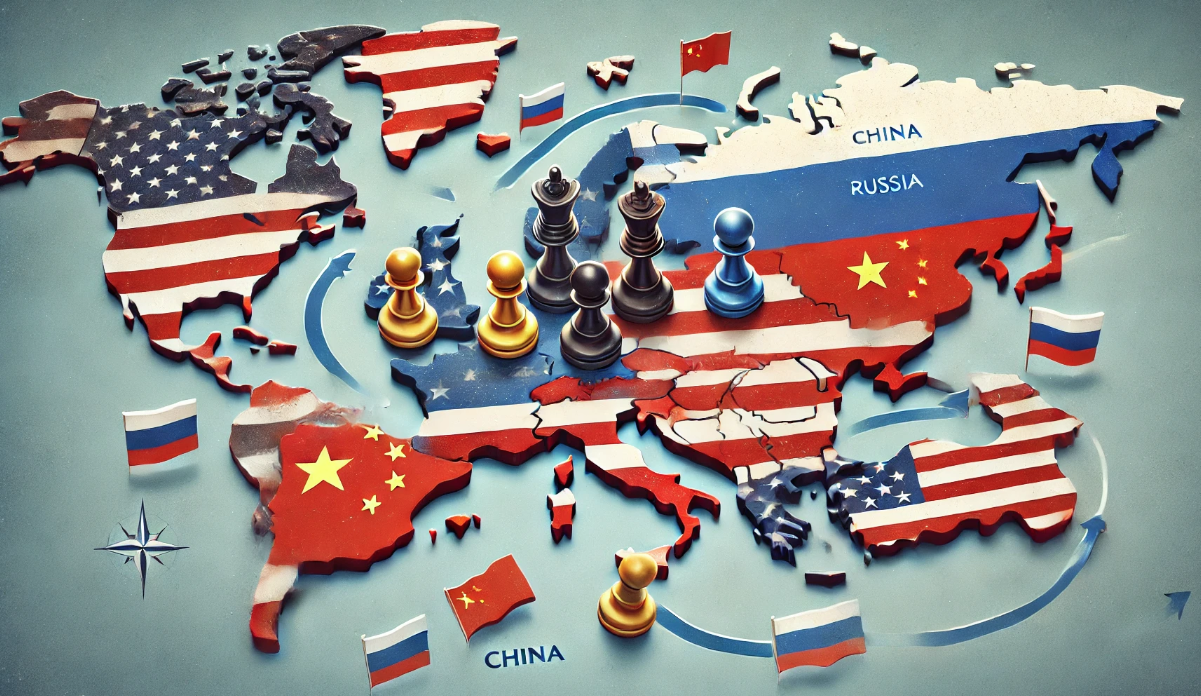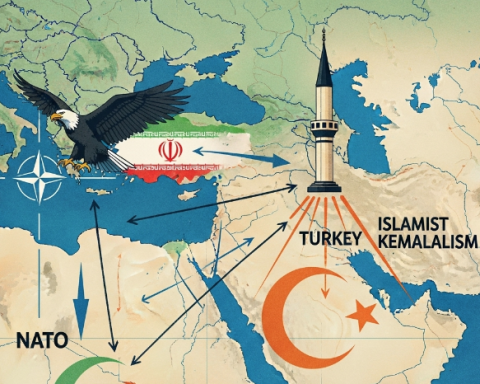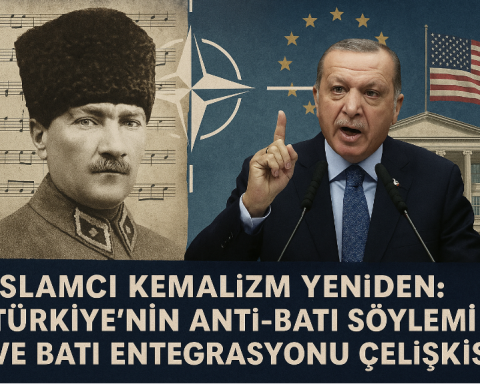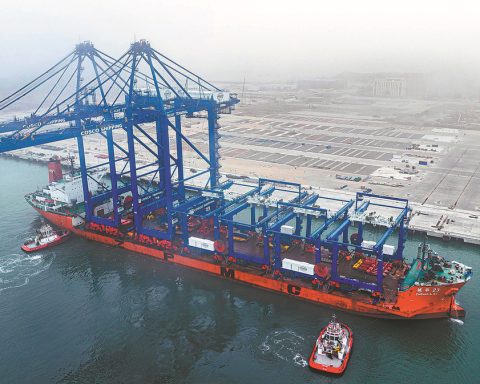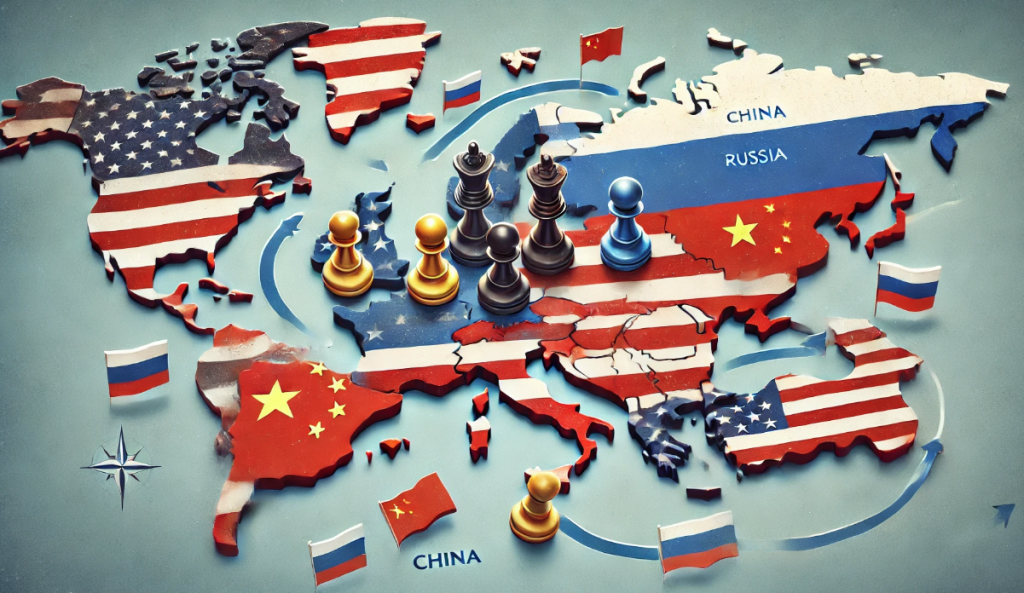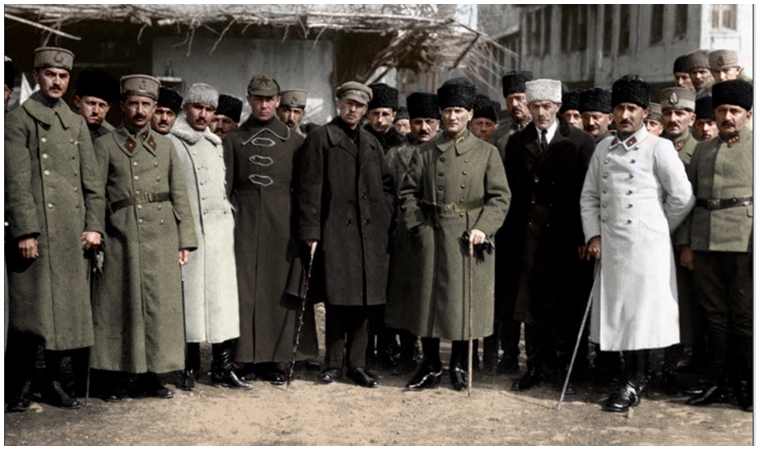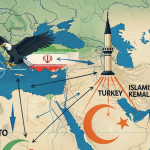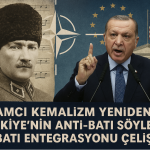Nowadays, international politics is taking on a much more dynamic and unpredictable structure than before. It is possible to observe traces of profound changes in Europe’s security architecture. In particular, the war in Ukraine has forced a reevaluation of the NATO alliance and the US’s strategic approach. According to prominent views in the debates, the basis of the US’s “maximum pressure” strategy is to force Russia to the negotiating table while turning Ukraine into a bargaining chip.
On one hand, the US’s strategy towards Russia exhibits a “carrot-and-stick” approach, while on the other, the pressure applied to Ukraine is argued to potentially harm the country’s interests in the short, medium, and long term. Experts suggest that the concessions that might be offered to Russia lead to the opposing side revealing its clear positions during negotiations, which could weaken Ukraine’s military and political standing.
China, in global politics, stands out not only as an economic power but also as a strategic actor. By providing economic and technological support to Russia, China not only strengthens Russia’s stability but also helps mitigate the effects of Western sanctions. This situation paves the way for Russia to project a more resilient stance on the international stage while also reinforcing China’s role in the global balance of power.
Moreover, China’s independent stance from traditional US alliance policies allows for the formation of new security balances. Prioritizing its national interests and staying apart from the policies pursued by the US and the West, China is able to develop different strategies in the economic, military, and security fields. Faced with these new dynamics, European countries feel the need to move beyond traditional US-dependent security structures and establish multilateral relationships. In particular, the alternative approaches offered by China may allow Europe to reconsider its current security paradigm and develop more independent, multidimensional policies.
China’s economic, technological, and strategic contributions have the potential to bring about radical changes in Europe’s concept of security. These developments will enable Europe to diversify its defense and security strategies by strengthening relations with different global actors – especially China – without remaining solely dependent on the US.
Embracing Russia: Is it a Strategy to Distract China with Europe?
In today’s geopolitics, US strategies involve complex calculations that go beyond a one-size-fits-all alliance approach. Instead of forming a China-Russia alliance, the US aims to build a US-Russia alliance in order to draw Russia into its own strategic orbit. This approach, while incorporating Russia – the world’s largest energy resource – on its side, also leads to a separation of the two great powers by attempting to force China into an alliance in a region – Europe – that is geographically challenging for China to reach.
The US strategy is shaped by its desire to benefit from Russia’s economic resources while aiming to limit China’s active role in the region. Thus, while Russia contributes to the US’s advantage in the energy sector, efforts are made to prevent China from forming an alliance in a strategically sensitive area close to Europe. This situation can be seen as part of the US’s attempt to establish a new order in the global balance of power.
On the other hand, in the face of these new dynamics, Europe feels the need to diversify its own security and defense strategies. Europe, which seeks to move beyond traditional US-dependent security structures, is turning to strengthen cooperation with China and develop alternative alliance models. Consequently, the US’s effort to draw Russia into its strategic sphere and Europe’s quest for closer cooperation with China signal the emergence of new models of balance and cooperation in international relations.
The Future of NATO and Europe
The new developments in this era, along with the possibilities outlined, have profound impacts on the future of NATO and Europe’s understanding of security. European countries are finding it difficult not only to act in unison with the US but also to reassess their own defense and strategic autonomy. The pressure exerted on Ukraine during negotiations highlights the need for more comprehensive and coordinated steps in Europe’s foreign policy.
As global power balances are redrawn, the strategic choices of NATO and the US directly affect Europe’s security. Rising regional tensions and multilateral interactions are laying the groundwork for establishing new rules in the international arena. Europe’s adaptation to this process appears inevitable. For Europe to stand on its own in the future, it must adopt a more independent and proactive approach both in domestic politics and in foreign relations.
In conclusion, it is once again emphasized that in this new era, strategies are not limited solely to military or economic dimensions; language, culture, and diplomatic communication are just as important. As Europe redefines its security, it is gradually moving towards establishing more balanced and multidimensional relations in the international arena—and it seems that the crossroads with Turkey plays a significant role in this process.
By: Hayati Esen
